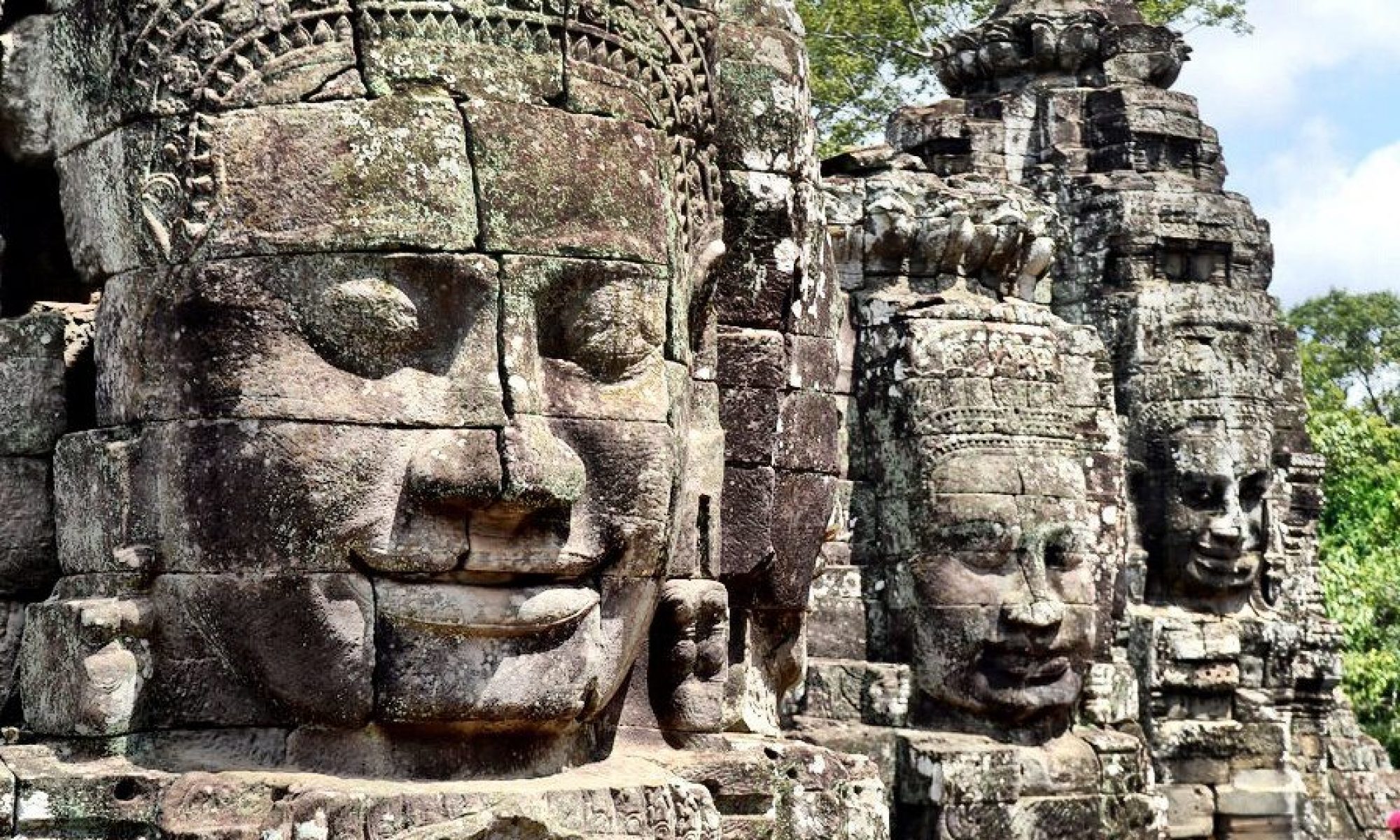It is now 70 year since Cambodia was introduced to the modern concept of Democracy.
On May 6, 1947 the first ever Constitution was promulgated allowing the then Kingdom to have political parties running for office. The Absolute Monarchy was replaced by the constitutional monarchy with the government running under the watch of a national assembly.
The country was then governed by the elected Democratic Party until 1952 when the Huy Kanthul government was dismantled by King Norodom Sihanouk on June 16 1952. That was the beginning of the then democracy. It was the time when the King launched the Crusade for Independence that was acquired and celebrated on November 9, 1953.
Thereafter, it was a period of transition for the King to prepare for his move into politics with the creation of the Sangkum Reastr Niyum that he led after his abdication in 1955. There were elections but technically it was one party rule under Sihanouk until the event of March 18, 1970 when he was discharged from his position of Chief of State.
With the war spread out after the change democracy was in the name only, elections were symbolic and dominated by the military under Marshall Lon Nol, the new ruler. The Khmer Republic forces were defeated and the country was governed after April 17, 1975 by the Khmer Rouge that took the new name of Democratic Kampuchea. There was no democracy under its absolute harsh rule for 3 years 8 months and 20 days, “Democratic” by the name only. After that they were chased out of power by a band of rebels under the lead of communist Vietnam army.
The invasion started on the Christmas night of 1978 and on January 7, 1979 the blitzkrieg was over, a government was installed and run by the Khmer People Revolutionary Party Secretary, Mr. Pen Sovann, changing hand to Chan Si, and later, from 1985, to Hun Sen, as Prime Minister. There were apparently to elections and no democracy. For nearly 10 years, the war of resistance by a government in exile led by the then Prince Sihanouk was culminated to the signing with the Paris Peace Agreement on October 23, 1991.
The Agreement among others, did bring back Peace and Democracy to Cambodia, and Cambodia became Kingdom again, the second time, with Sihanouk back to the Throne. The elections of 1993 was proclaimed as free and fair, but the winner, the FUNCINPEC did not take all. Prince Norodom Ranariddh was forced to share power with Hun Sen, and with shrewd maneuver the later was able to over the whole administration after a military coup of 1997. And the winner took all. That was, again, the beginning of the end of democracy.
The following of 1998 and there after were run by an administration of Hun Sen’s Cambodian People Party (CPP), and again the Democracy was on the facade only, with the CPP controlling the administration, the security forces (Army and Police) and the finances. Never the less the opposition continued to fight a non violent campaign in the name of democracy to get people recognition. It was until the elections of 2013 that Hun Sen felt the threat from the Cambodian National Rescue Party (CNRP) and started to worry about the future of the CPP, with 55 seats over 123 at the national Assembly. More than that, the communes elections with impressive votes for CNRP provided the CPP leadership with more reasons to worry, more and more.
The schemes were in place: Objective: Get rid of the CPP. First, banning Sam Reangsy from CNRP leadership, but no result as expected. Then, on September 3, Kem Sokha, CNRP President, was arrested for treason for conspiring with foreign power (the USA), and the 16 November, the CNRP was dissolved with a verdict rendered by the Supreme Court. More than that the court ruling ordered a five-year political ban for the top leaders of the CNRP. Technically the CNRP was simply and purely decapitated.
Hun Sen said that democracy is still here to stay with many other parties competing. But what democracy is it without a true opposition? The world was watching and there is now a cold war between good and evil, for the cause of Democracy. Hopefully the demise is temporary, and the good cause will triumph.
Ta P. Kel
